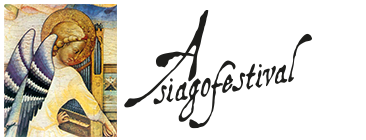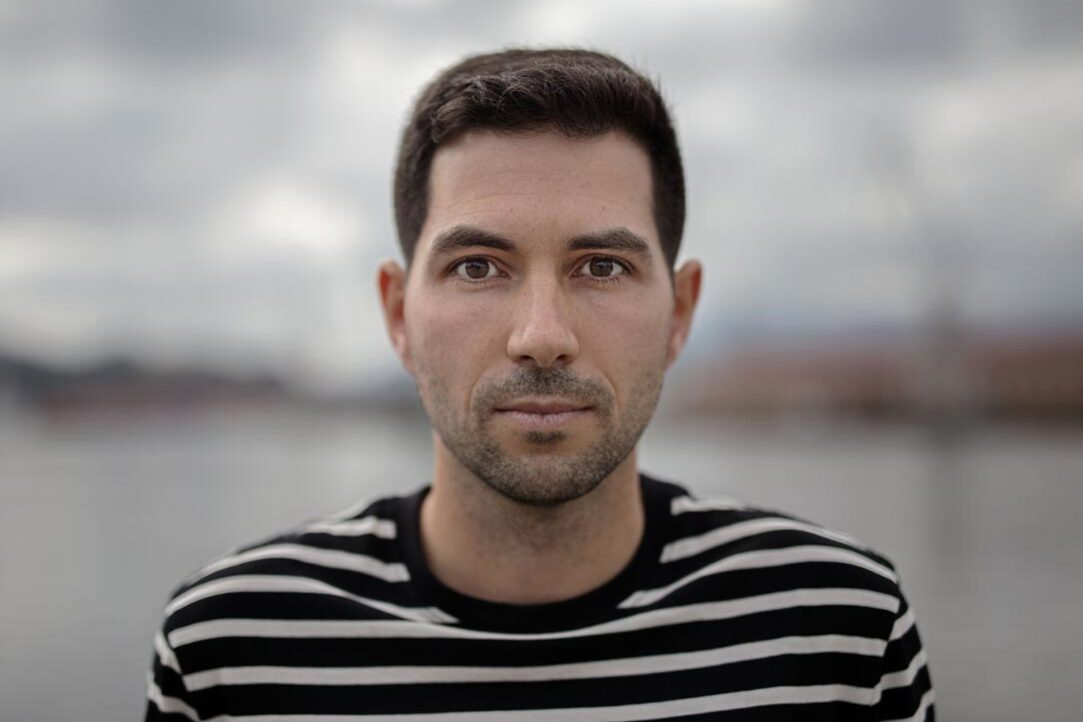Mikel Urquiza
Mikel Urquiza (1988, Bilbao) composes lively and colorful music, where nothing is what it seems: each idea hides another, peripheral elements become central, and what appears serious makes a grimace. Fresh and original, his writing has quickly found a place on the European scene, thanks to the support of ensembles such as Ensemble Intercontemporain, L’Instant Donné, C Barré, Klangforum, Musikfabrik, Mosaik, Divertimento and the New European Ensemble, in the Présences, ManiFeste, ECLAT, Acht Brücken, Gaudeamus festivals, in Lucerne and at the Venice Biennale. In 2022 he received the Siemens Musikstiftung Composer’s Prize and in 2023 the Georges Enesco Prize from SACEM.
In the 2023-2024 season he was a guest composer with the Divertimento Ensemble, the Meridian Festival in Bucharest, and the Tampere Biennale. In 2025-2026 he will be composer-in-residence of the Musiques démesurées festival in Clermont-Ferrand. A choir singer since childhood, she has a strong passion for the voice, evident in works such as Alfabet for Sarah Maria Sun, I nalt be clode on the frolt for Marion Tassou, Songs of Spam for the Neue Vocalsolisten, and Howl, premiered by the vocal ensemble Exaudi at the Wittener Tage für neue Kammermusik in 2022. In 2021 Ryoko Aoki gave the world premiere performance of Chiisana tsubame at Tokyo’s Suntory Hall.
Her chamber compositions, full of imitative writing, bizarre associations, and all sorts of tricks, have been premiered by musical partners of the highest caliber: the Kebyart Ensemble with Les perfectibilités at the Palau de la Música in Barcelona, Trio Catch with Pièges de neige at the Philharmonie in Cologne, and Quatuor Diotima with its first string quartet Indicio at the Pontino Festival in Italy, and the second quartet Index at the Strasbourg Musica Festival. Mikel Urquiza studied composition first at Musikene (San Sebastián) with Gabriel Erkoreka and Ramon Lazkano, then at the Paris Conservatoire with Gérard Pesson and Stefano Gervasoni. In 2019-2020 he was first selected by the Peter Eötvös Foundation for Contemporary Music, then a fellow of the Academy of France in Rome – Villa Medici. His doctoral dissertation, written as part of the SACRe program under the guidance of Laurent Feneyrou, is entitled La musica ritrovata: la memoria all’opera nella composizione musicale.
His two monographic CDs, Cherche titre (with L’Instant Donné and Marion Tassou) and Espiègle (with C Barré and the Neue Vocalsolisten), have been enthusiastically received by critics and broadcast by major European radio stations.


